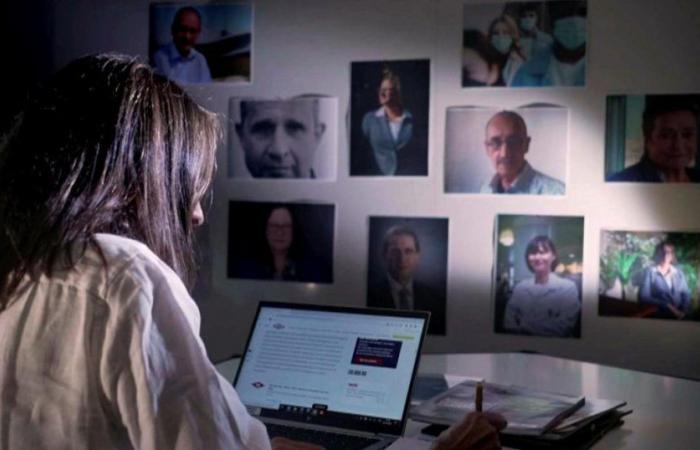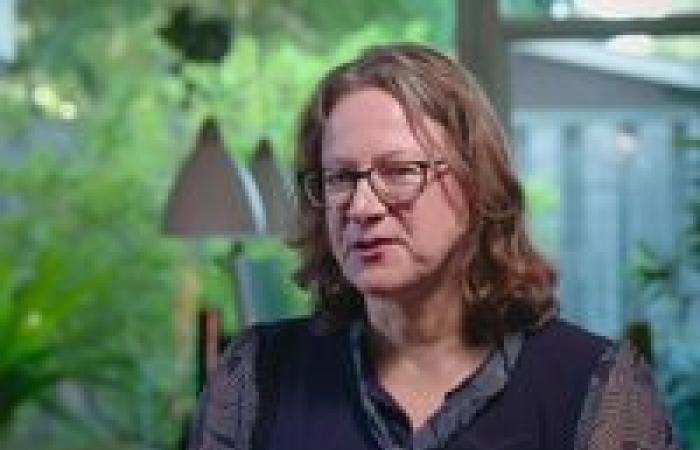The world of scientific research faces a growing problem of fraud and misconduct, jeopardizing the reliability of the knowledge produced. “Scientific detectives” try to fight against this phenomenon, but face many obstacles.
Scientific knowledge is expressed in journals and is based on an edifice of knowledge built brick by brick, page after page, year after year. The building is solid, as long as it is founded on rigor and honesty, but it falters when the quest for truth is no longer the objective. Faced with this threat, scientists are mobilizing to track down fraud and errors in publications.
A phenomenon more widespread than we think
“We had no idea of the volume where people, visibly, may have fabricated or falsified data or plagiarized,” explains Boris Barbour, co-responsible for PubPeer, a platform created in 2012 which allows errors in scientific articles to be reported. Retractions of articles, once exceptional, are becoming more and more frequent.
There are journals that are absolutely useless from a scientific point of view
According to Michelle Bergadaà, professor of management at the University of Geneva, there are “two ways to fall into fraud: either you are a hyper-publisher, you absolutely want to publish, or you are incapable of rising to the height of the required knowledge .” Because, in the world of research, you have to publish to exist, a principle which can lead to fraud.
Predatory journals that thrive
A new phenomenon is worrying: the emergence of “predatory” journals which publish articles without real scientific control, in return for funding. “There are journals which serve absolutely nothing from a scientific point of view, which are just there to imitate the scientific process, to make money,” notes Solal Pirelli, doctoral student in computer science at EPFL and scientific detective.
But how do these journals make money? They take advantage of the “publish or perish” principle which pushes researchers to multiply publications to advance their careers.
In the past, scientific journals were financed by subscriptions – often very expensive – and advertising. Today, many are free, openly accessible on the internet. And are funded by the researchers themselves. They are the ones who pay to be published. A business that can be very profitable. Especially if a journal’s sole objective is to collect publication fees without verifying the scientific content.
Frauds also present in influential journals
For the evolution of knowledge, the impact of dubious journals is relative, they are little read. But when it’s in an influential publication that derailments occur, that’s another matter.
At the beginning of the 1980s, Karl Illmensee published a resounding article on the front page of the prestigious magazine “Cell”, claiming to have cloned three mice, a world first. However, no one has succeeded in reproducing this experiment, the cornerstone of scientific truth. Denis Duboule, then a doctoral student, and his colleague Kurt Burki sounded the alarm, prompting the university to investigate their suspicions. Three years of fierce struggle were necessary for the truth to emerge, in an institutional climate reluctant to reveal its flaws. A fiasco that raises crucial questions about the mechanisms for validating scientific discoveries and the pressure placed on researchers to publish sensational results.
A difficult struggle for whistleblowers
The “scientific detectives” who track down these frauds face many obstacles, including lack of remuneration for this work, the risk of legal action and online harassment.
I trust the science overall, but there is a percentage that is truncated. And against this we must fight
Despite these difficulties, they organized themselves, notably within the “Invisible College”, an informal collective of investigators who track down scientific fraud.
A system to rethink
To effectively combat scientific fraud, the entire research publication and evaluation system must be rethought. For Boris Barbour, PubPeer co-responsible, the current system “does not really lend itself to detecting or correcting or punishing this type of problem”.
The scientific community is gradually becoming aware of the extent of the phenomenon. “I see that other scientists have finally understood that there is a real problem that needs to be addressed. I generally trust science, but there is a percentage that is truncated. And against that, we we must fight”, concludes Elisabeth Bik, leading figure in this struggle.
TV report: Corinne Portier and Olivier Paul
Web adaptation: Gaëlle Bisson







